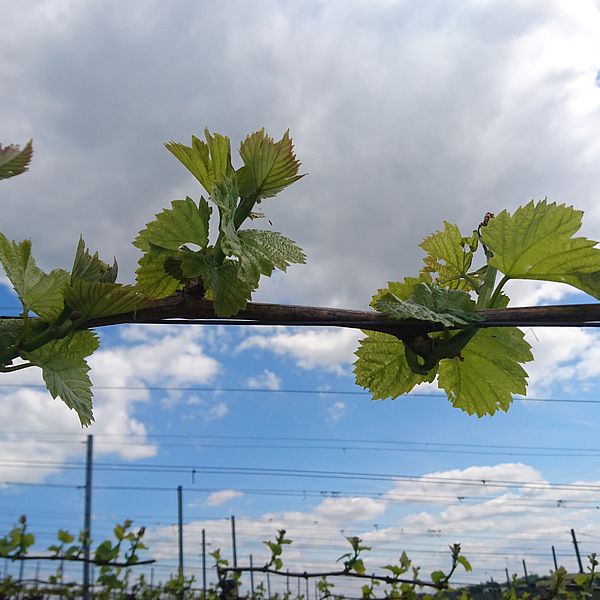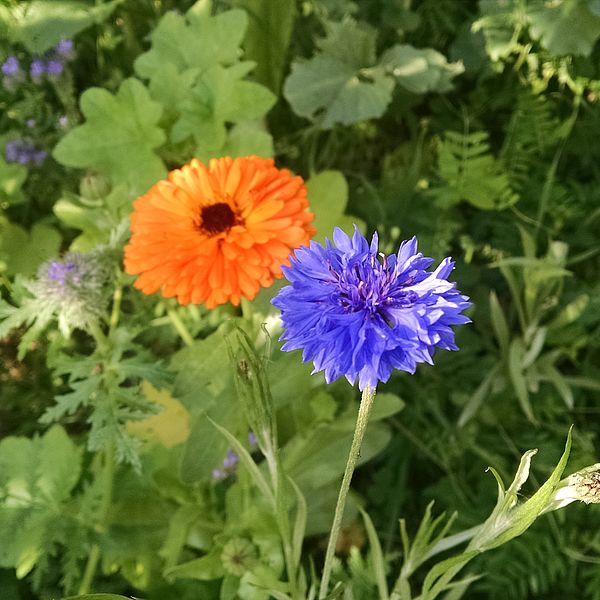Teaching & Research in the Vineyard
The interaction between vines and the environmentis the central focus of our activities in the Department of General and Organic Viticulture. We work with various different vine training and vineyard management systems in order to understand their effects on the physiology of the vine. The correct interpretation of these effects gives the findings a strong practical relevance and the results flow directly into our teaching: this keeps our degree programs relevant and helps in practical applications.
In long-term trials with different grape varieties we work intensively on vine physiology as well as component formation and product quality, climate change (temperature, light, carbon dioxide) and resource management (irrigation): we study integrated, organic and biodynamic management systems [INBIODYN]. Our sphere of activity includes the multi-processual analysis of the vineyard in conjunction with the enhancement of value creation through innovative products.
Contactless measuring techniques constitute an important methodological approach in describing vine physiology. Using non-invasive technologies, sensors can monitor factors outside the visible range which are hidden to the human eye. This provides information with high temporal and spatial resolution which identifies physiologically relevant and dynamic changes. User-friendly interpretation and practical implementation constitute a major step towards knowledge and technology transfer.
Head of Department

Deputy Head of Department
Department Assistant


![[Translate to English:] FACE Rebe](/fileadmin/_processed_/3/8/csm_20171025_Impressionen_Image_Rebe_im_FACE_84c4287d75.png)
![[Translate to English:] Hörsaal](/fileadmin/_processed_/d/d/csm_DSC_0406__4594__Web_72dpi__7a6e791656.jpg)



